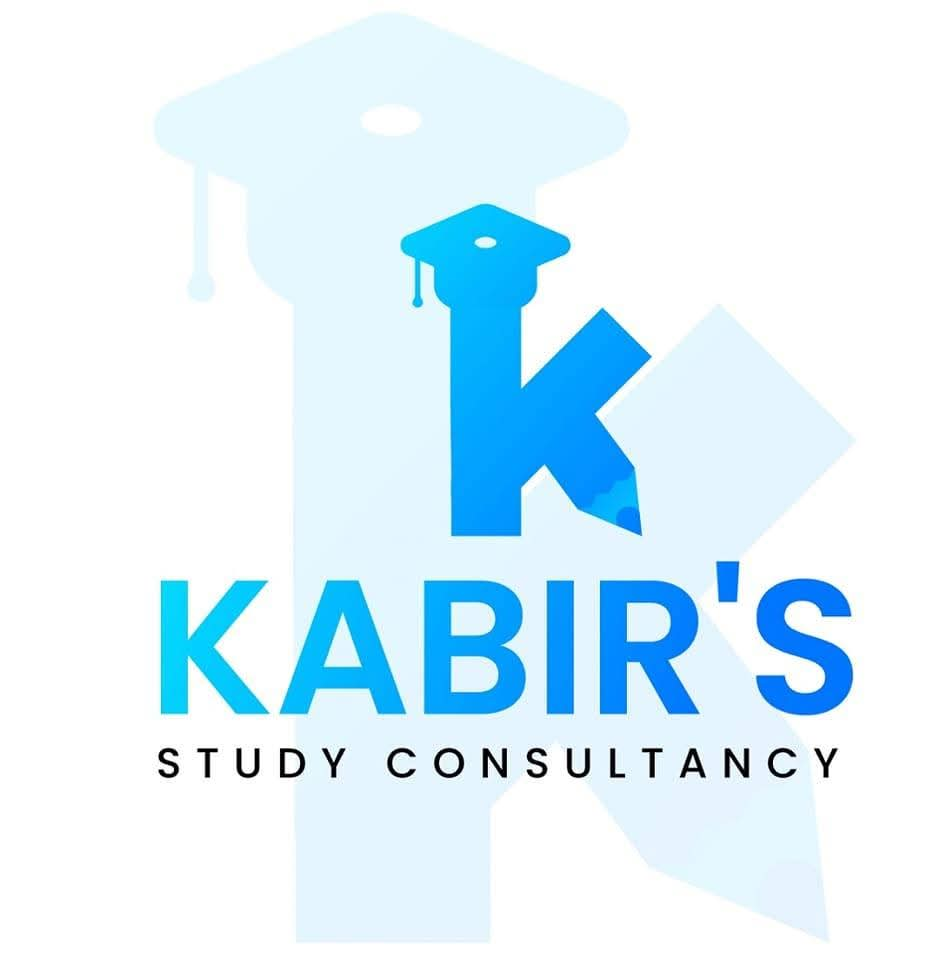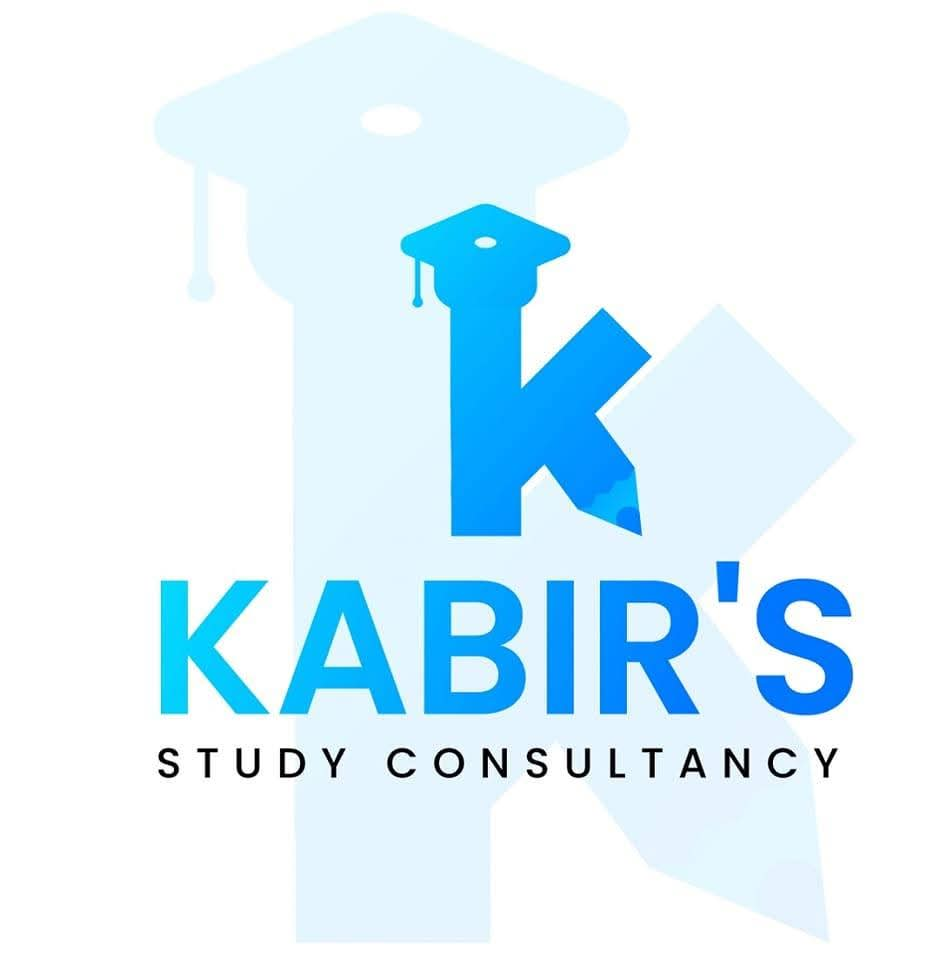Study in Germany
Excellence in Education Meets Affordability and Innovation
Germany has become a leading destination for international students, thanks to its globally respected education system, cutting-edge research opportunities, and low or no tuition fees. Known especially for its strength in engineering, science, technology, and innovation, Germany attracts ambitious students looking to build strong academic and professional foundations.
With a high standard of living, vibrant cities like Berlin, Munich, and Frankfurt, and a rich cultural history, studying in Germany offers more than just a degree—it offers an unforgettable life experience.


